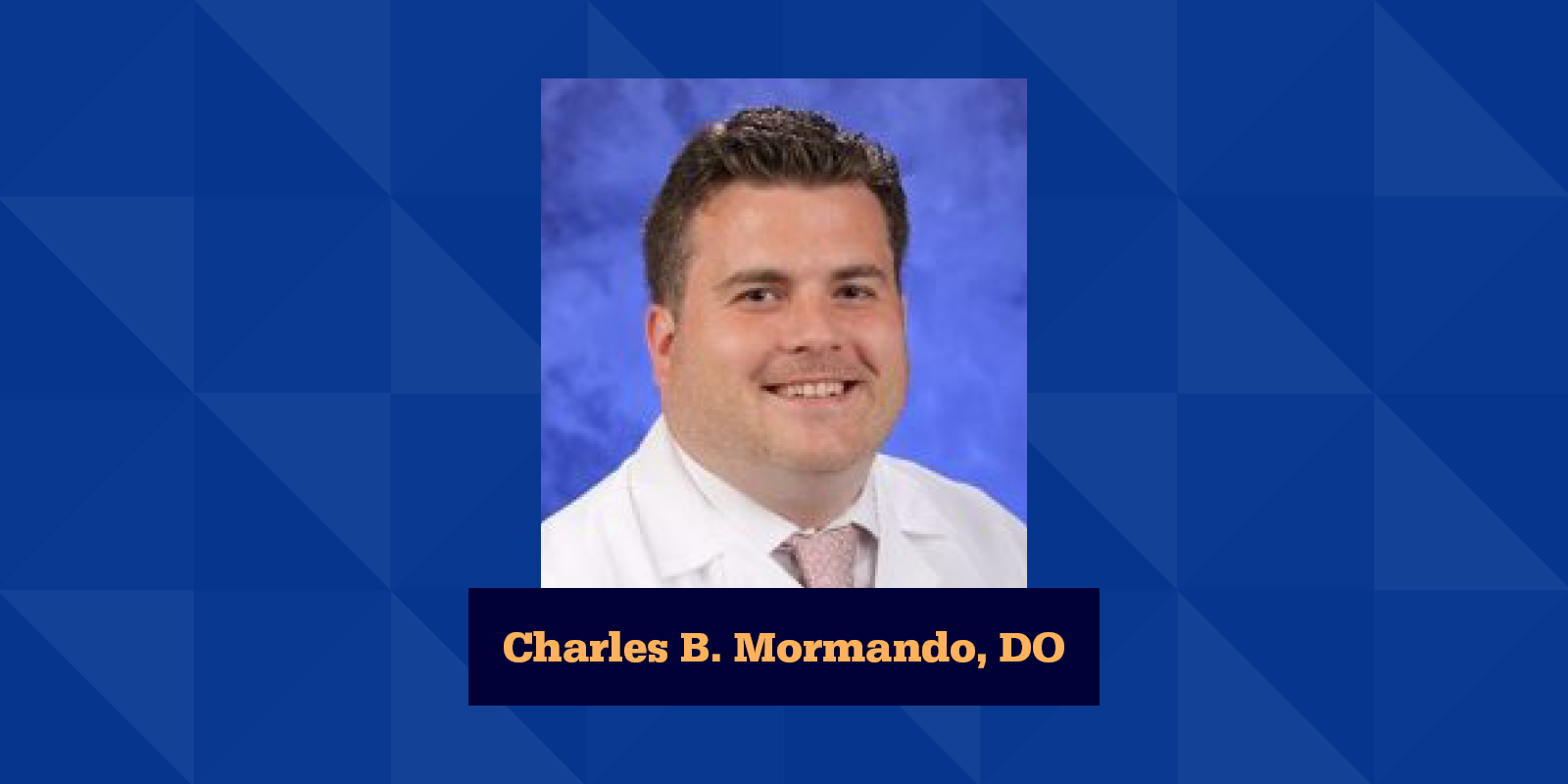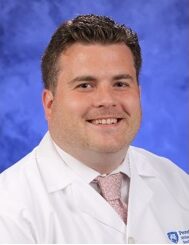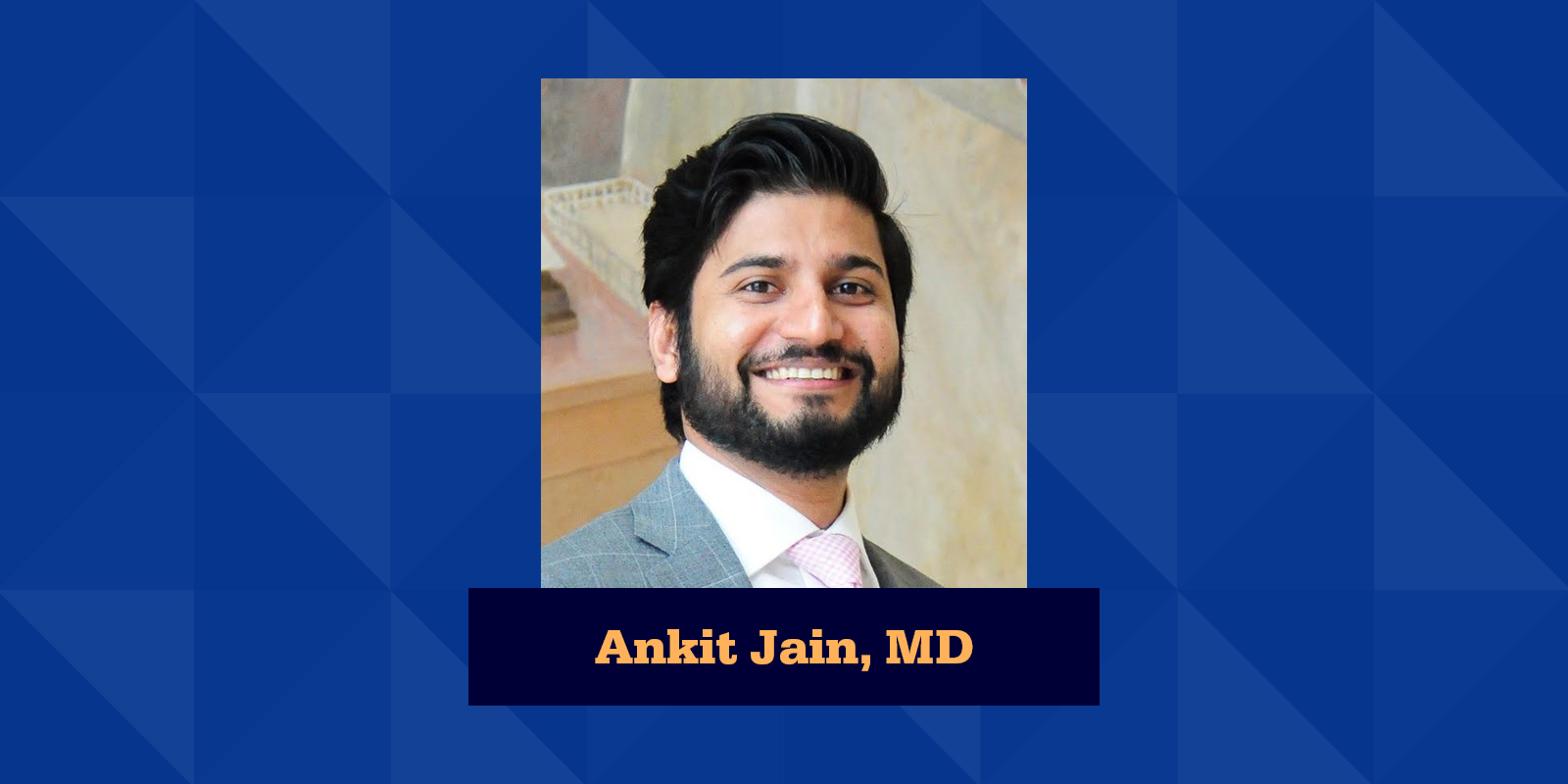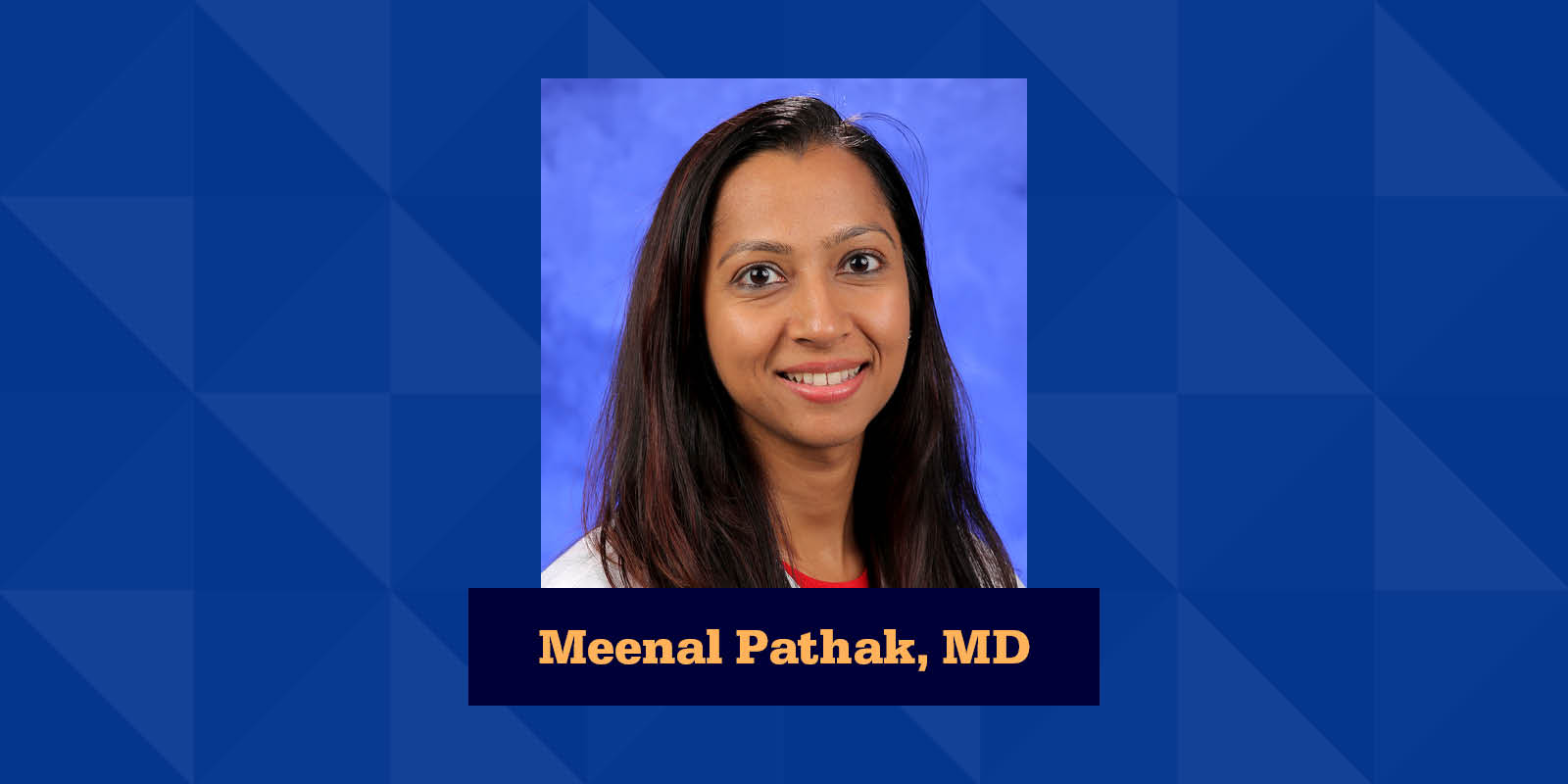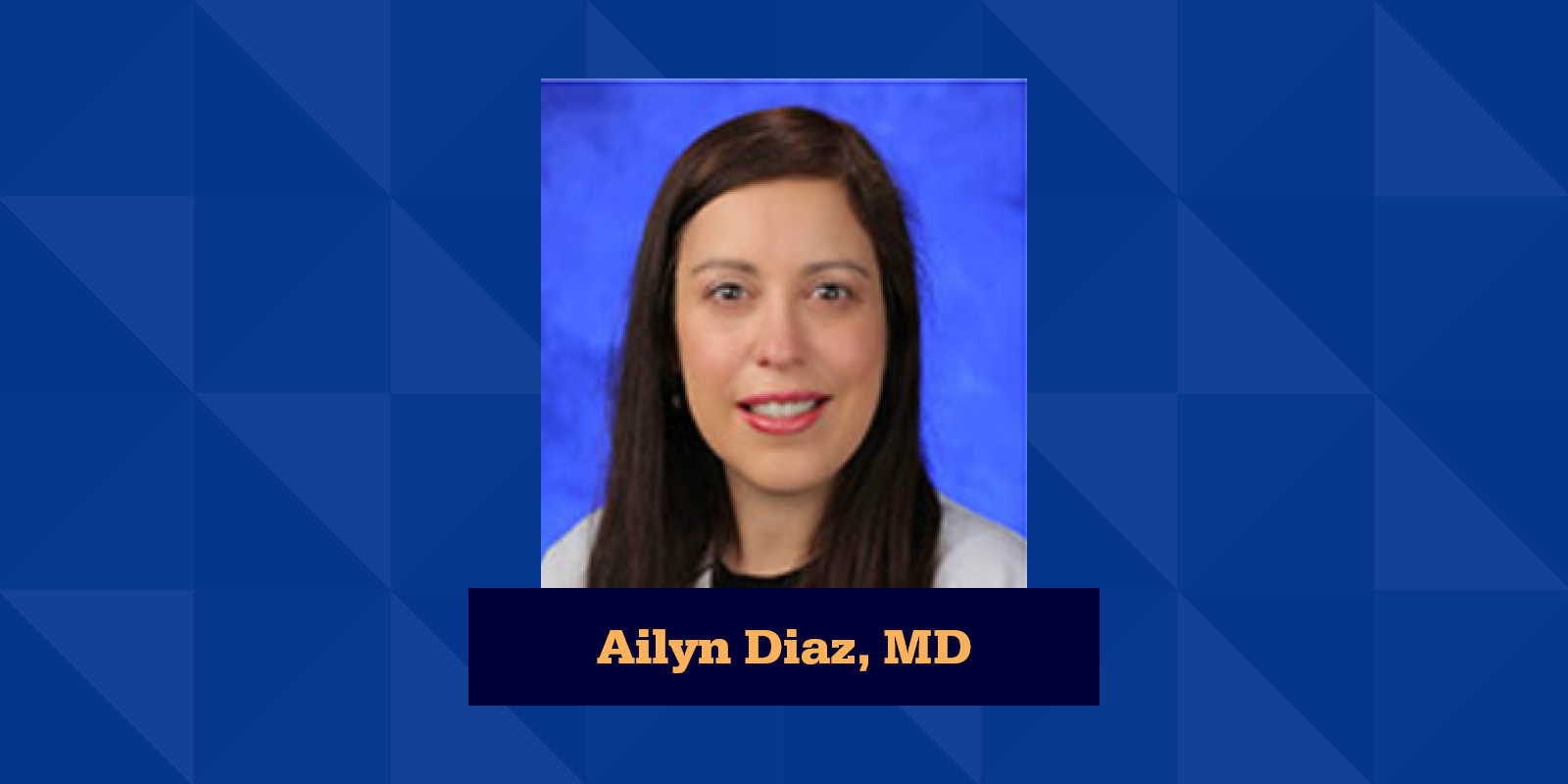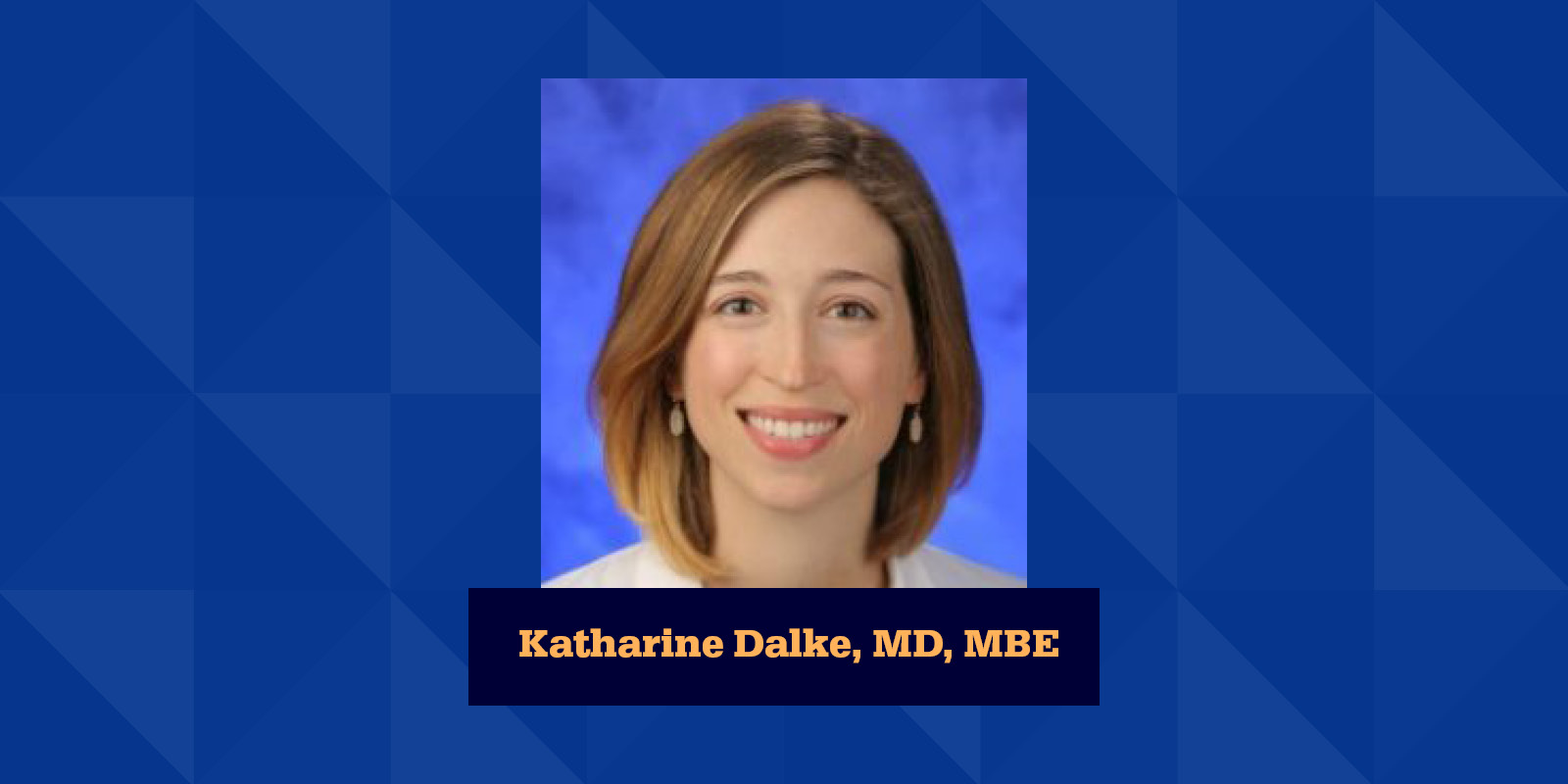National Nurses Week, held from May 6 to 12, is a time to recognize and appreciate the incredible work and dedication of nurses across the country. This year, we’re shining a light on psychiatric nursing, a vital field in healthcare that often faces unique challenges.
In an interview with Tiffany Downs, MSN RN, director of nursing at the Pennsylvania Psychiatric Institute (PPI), we learned about the impact she and her team have on their patients’ lives.
How does PPI impact the community?
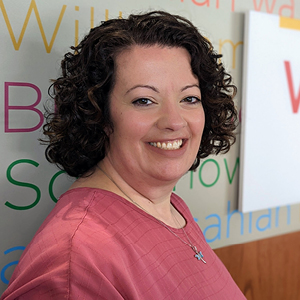
One of the most rewarding aspects of working at PPI for Downs and her team is the opportunity to make a difference in the lives of their patients. “We approach each individual with compassion and grace,” said Downs, “regardless of their background or circumstances, with the goal of providing them with the tools needed for a better path forward.”
PPI’s approach to patient care focuses on trauma-informed and individualized care. The patient care team collaborates closely and includes the patient in their treatment plans. The organization is constantly looking to improve access to care and expand the services they offer, such as specialty clinics and ECT treatment.
Downs is proud of her team’s ability to adapt and find solutions that work for the patient and the staff. Recently, her team demonstrated these important traits when a particularly challenging patient prompted the charge nurse and therapist to collaborate and revamp the patient-focused communication plan. They devised a color-coded chart that outlined boundaries and protocols for the patient, improving the process and ensuring better care for the individual. This example and many others like it showcase the initiative, dedication and commitment to providing exceptional care that nurses at PPI bring to the job every day.
When discussing the patient care team at PPI, Downs said, “I am proud of my team’s ability to adapt and find solutions that work for both the patient and the staff.”
How does PPI support the patient care team?
In addition to developing new processes for patient care, PPI has also focused on professional development for its staff. Under Downs’ direction, they have recently revamped their preceptor program, which involves training and mentoring new staff members. The program was developed in conjunction with experienced staff members who wanted to ensure a consistent and effective onboarding process for new hires. This program has become a source of pride for the staff and has proven to be a valuable retention tool.
As a leader, Downs prioritizes the well-being of her staff, ensuring they have the necessary tools, resources, and support to provide exceptional care to their patients. By engaging her team in decision-making processes, she fosters a culture of collaboration, trust and open communication.
“It’s important for nurses to stay updated with evidence-based practices, continuing education and adapting to new developments in healthcare,” said Downs in relation to the ongoing training efforts offered to the staff. These programs are offered alongside initiatives to ensure the safety and well-being of the PPI team by providing them with tools and measures to mitigate fatigue, lessen burnout and avoid over-scheduling.
Lastly, Downs actively encourages an open-door policy with leadership at PPI. This approach ensures the nursing team consistently delivers high-quality care. “By actively listening to concerns and resolving them before they become problems,” said Downs, “PPI is able to maintain a proactive approach to addressing issues.”
What is the Future of PPI?
“My vision for the future is for PPI to be known as the best place to receive behavioral health care,” said Downs, “A positive and supportive environment where staff can explore creative and unique approaches to care.”
The dedication of the nursing staff to the behavioral health specialty and the unique patient population sets PPI apart. The nurses are highly compassionate and creative when managing the needs of their patients. They also take good care of each other, which contributes to their ability to provide the best possible care for their patients.
As we celebrate National Nurses Week, let’s recognize the invaluable work of psychiatric nurses like Tiffany Downs and her team, who provide compassionate care to those facing mental health challenges. Their unwavering commitment to improving the lives of their patients truly makes a difference in our healthcare community. Through innovative approaches, professional development and a focus on collaboration, the staff at PPI exemplifies the best of what the nursing profession has to offer.
Are you interested in working with the patient care team at PPI? Visit ppimhs.org/careers to learn more about the opportunities available.


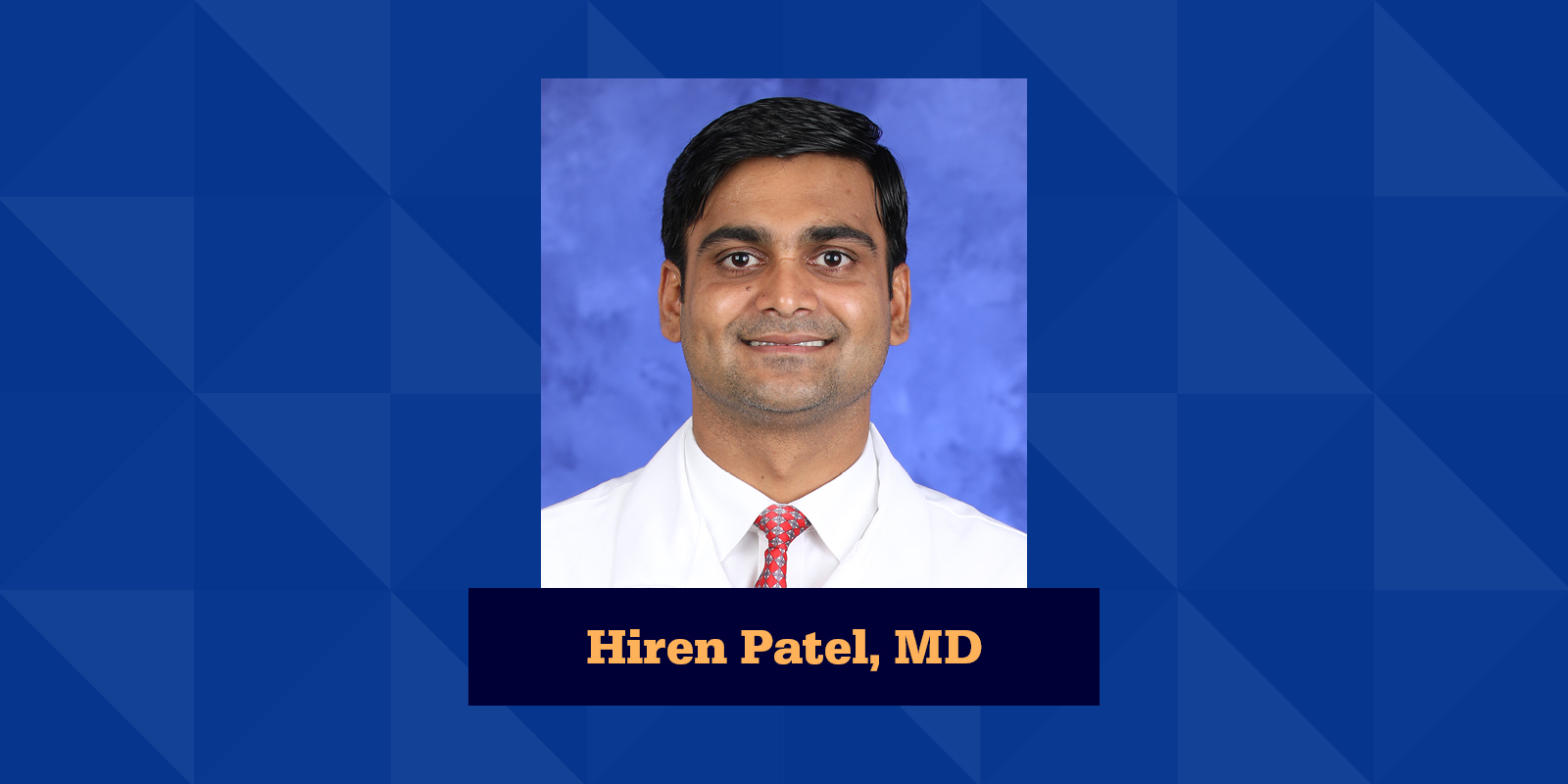
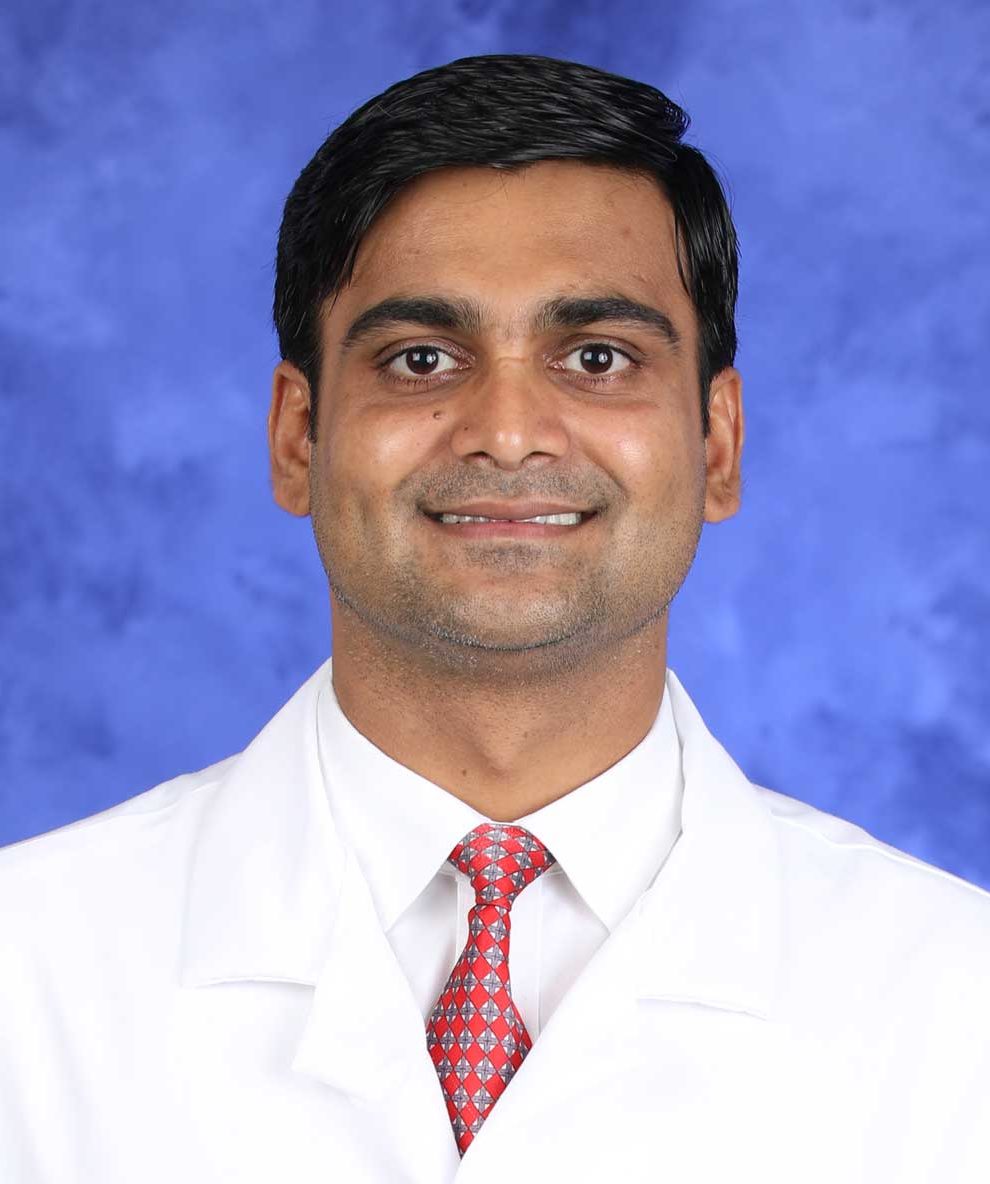
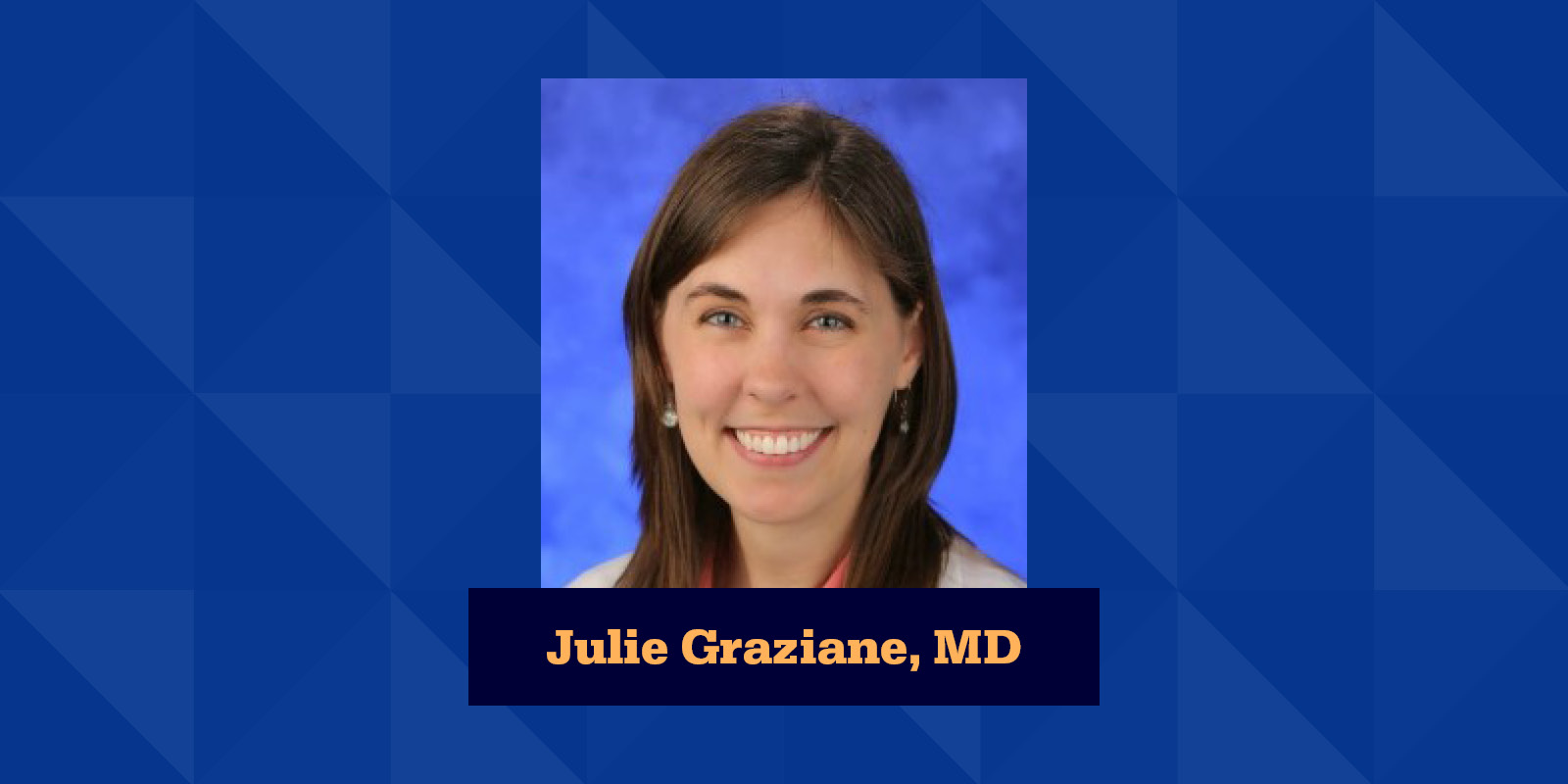
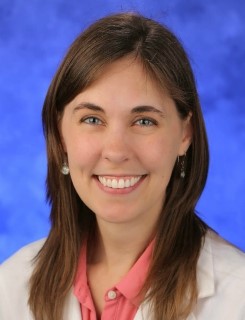

 The holidays can be a time for merriment and joyous occasions, but for some it can bring stress, sadness and even depression. Pennsylvania Psychiatric Institute’s (PPI) Licensed Counselor and Unit Therapist, Nikki Fogle, educates us on the “Holiday Blues” and provides advice on how to work through it.
The holidays can be a time for merriment and joyous occasions, but for some it can bring stress, sadness and even depression. Pennsylvania Psychiatric Institute’s (PPI) Licensed Counselor and Unit Therapist, Nikki Fogle, educates us on the “Holiday Blues” and provides advice on how to work through it.